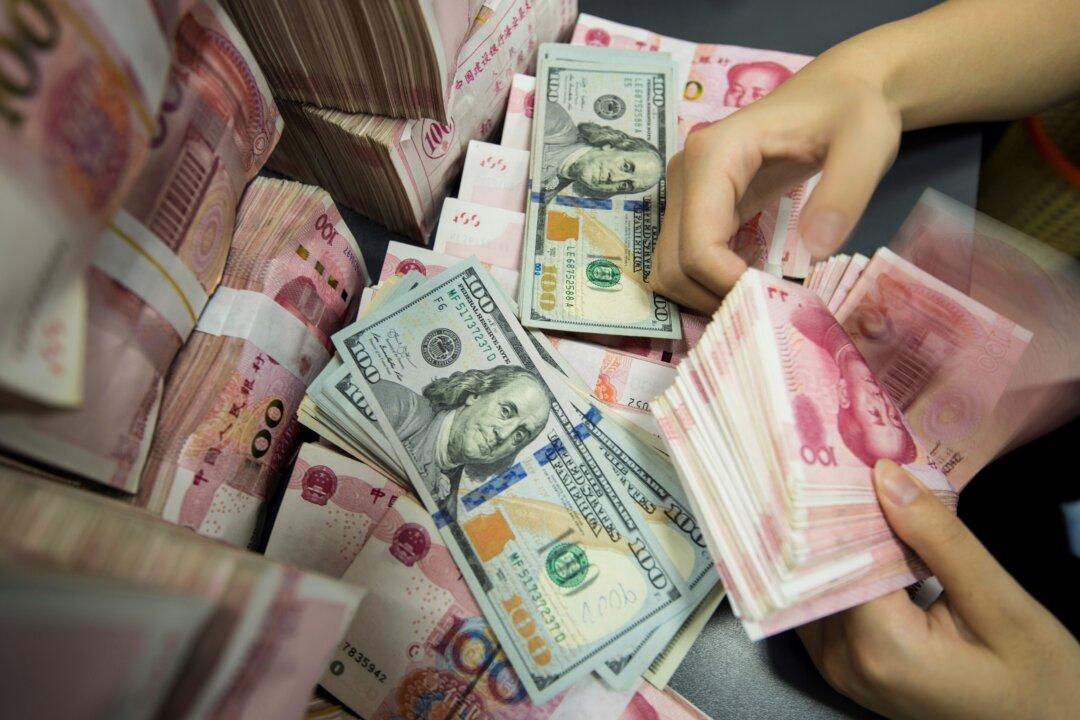Although Brazil and China reached an agreement to conduct trade in their own currencies rather than the U.S. dollar, the Chinese yuan is far from becoming a global reserve currency, according to Milton Ezrati, chief economist at Vested, a New York-based communications firm.
Beijing hails the agreement as a step toward global de-dollarization and an increase in the internationalization of the yuan.





